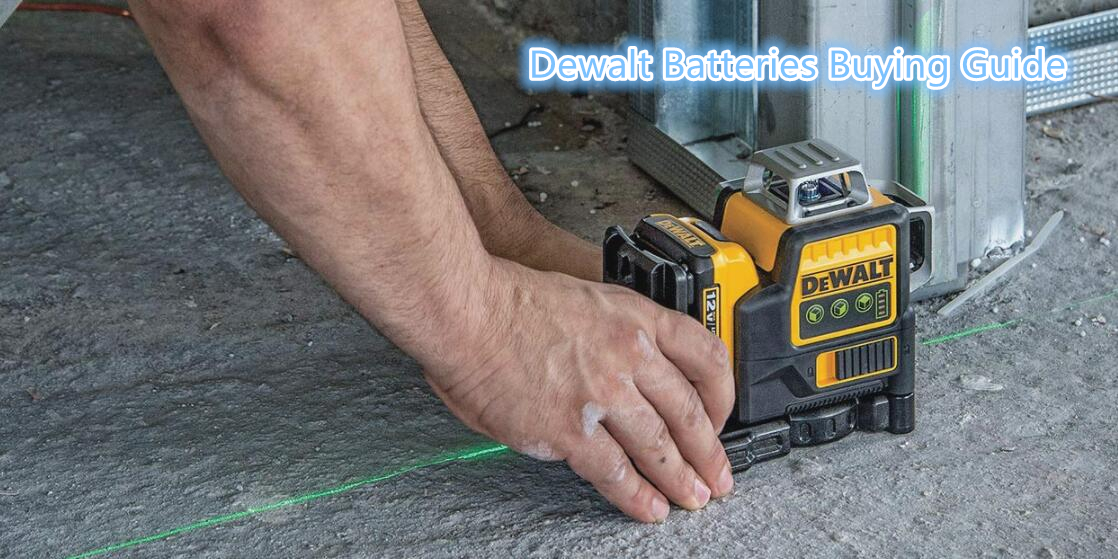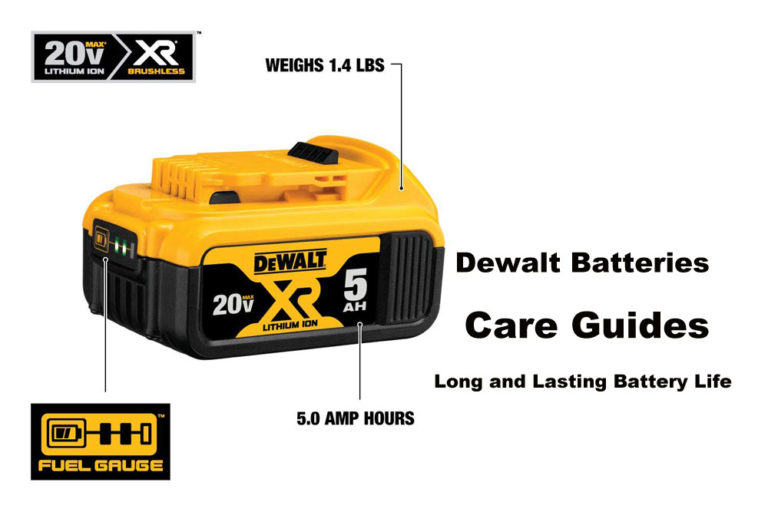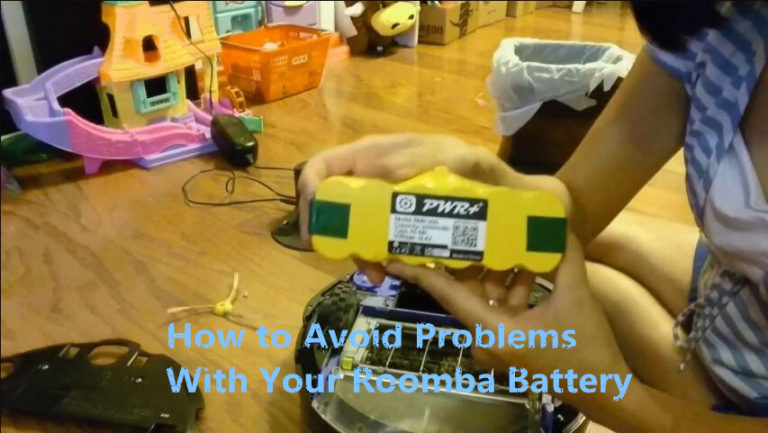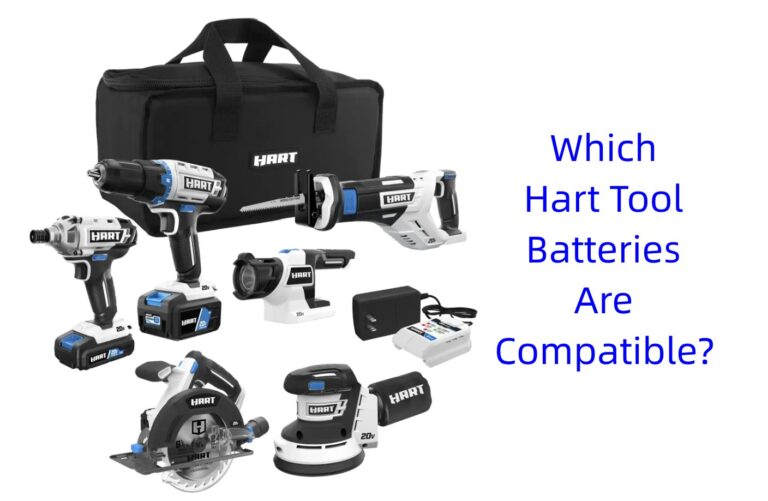A power tool battery is essential in using cordless power tools. These said tools are literally heavy, electrical pieces of equipment. In time, cordless power tools have been more demanded and equally made available. With regards to their batteries, some add bulk and weight while other batteries are lighter. Power tool batteries come in many forms, and there are three major types: NiCd or Nickel- Cadmium, NiMH or Nickel Metal Hydride, and Li-Ion or Lithium-Ion.
What Is the Best Battery Type For Power Tools?
- NiCD (Nickel-Cadmium)– They are the oldest of the three power tool battery types in this list. They are inexpensive and are known for their durability.
- NiMH (Nickel Metal-Hydride)– This type is less harmful to the environment as compared to the NiCD. It can last up to three times longer than NiCD batteries.
- Li-Ion (Lithium-Ion)– It is considered to be the best choice among the list, but it is also pricey.
A power tool is able to perform at its best with a good battery. If one is looking for a rechargeable power tool battery, Dewalt has that to offer. Additionally, Dewalt batteries are available in the forms of NiCD, NiCad, and Li-Ion.
Before heading out to buy your own equipment and battery, make sure you have the knowledge or familiarity with the different factors that affect a battery’s condition.
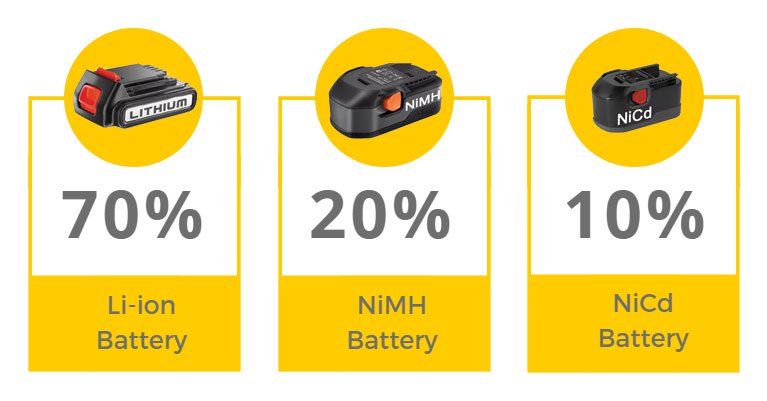
Some Factors to Consider Before Purchasing Your Power Tool Battery
Effect on Memory – When a battery is repeatedly charged without being fully drained, this causes memory effect. A battery adjusts to the shorter charge range, and that becomes its new charge capacity.Deep Discharge – This is completely draining the battery with normal tool usage. Some Dewalt batteries periodically require deep discharge to keep it healthy. Unfortunately, other batteries have reduced run times or capacity as an effect.
Run Time – This simply means the amount of time a battery can be used for its capacity. You can tell how well a battery’s capacity is by means of Ah or amperage hours. The higher the Ah, the longer you can use the battery in between charges.
Voltage – The higher the voltage, the more powerful your battery is.
Self-discharge – Batteries discharge on their own when not in use. This happens slowly for some batteries while others lose their energy faster. If you’re tool is subjected to a long storage time, it’s best to make sure that your battery’s self-discharge rate is slow.
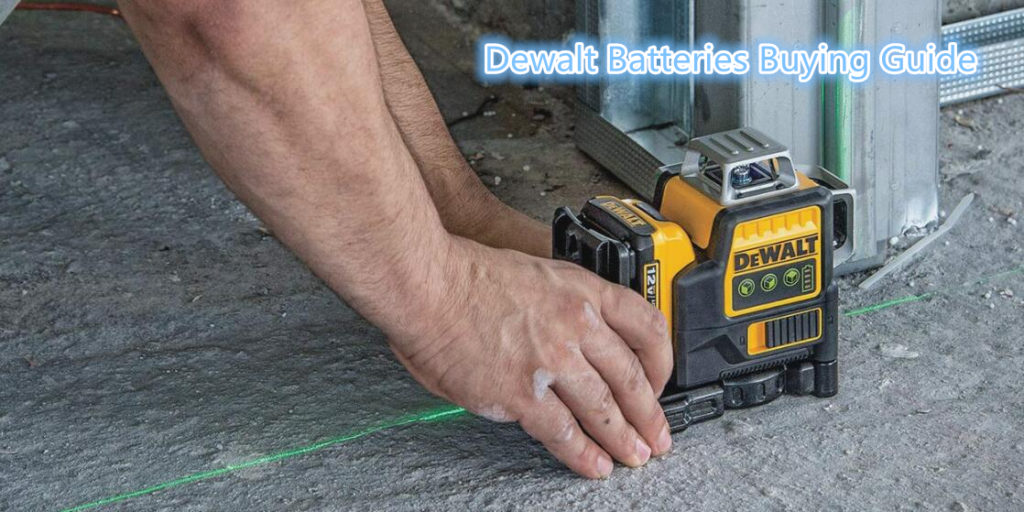
Pros
- They are rechargeable and longer-lasting. This means that they have more charging cycles.
- They are great for devices or electronics considered to be high drain.
- Dewalt batteries can be left in the charger since chargers by Dewalt have maintenance mode that allows batteries to remain in them.
- Li-Ion batteries offered by Dewalt are lightweight, so there’s no need to worry about when working with heavier equipment.
- Dewalt batteries have a relatively low discharge rate.
- Dewalt also offers NiCad batteries which are known to be the most durable.
Cons
- Li-Ion Dewalt batteries are generally pricey since they’re known to be the most expensive type of all rechargeable batteries.
- They may need replacement after a lot of consecutive recharge cycles.
- NiCad Dewalt batteries have a higher memory effect rate.
- NiCad batteries are toxic to the environment. Hence, proper disposal must be observed when using these.
To sum everything up, what you need to look for when purchasing the ideal power tool battery, or any battery for that matter, are the following: high Ah, low memory effect, slow self-discharge rates, and more pros than cons. With these, you will surely get the battery that will not only give maximum performance but also a long-lasting usage.

